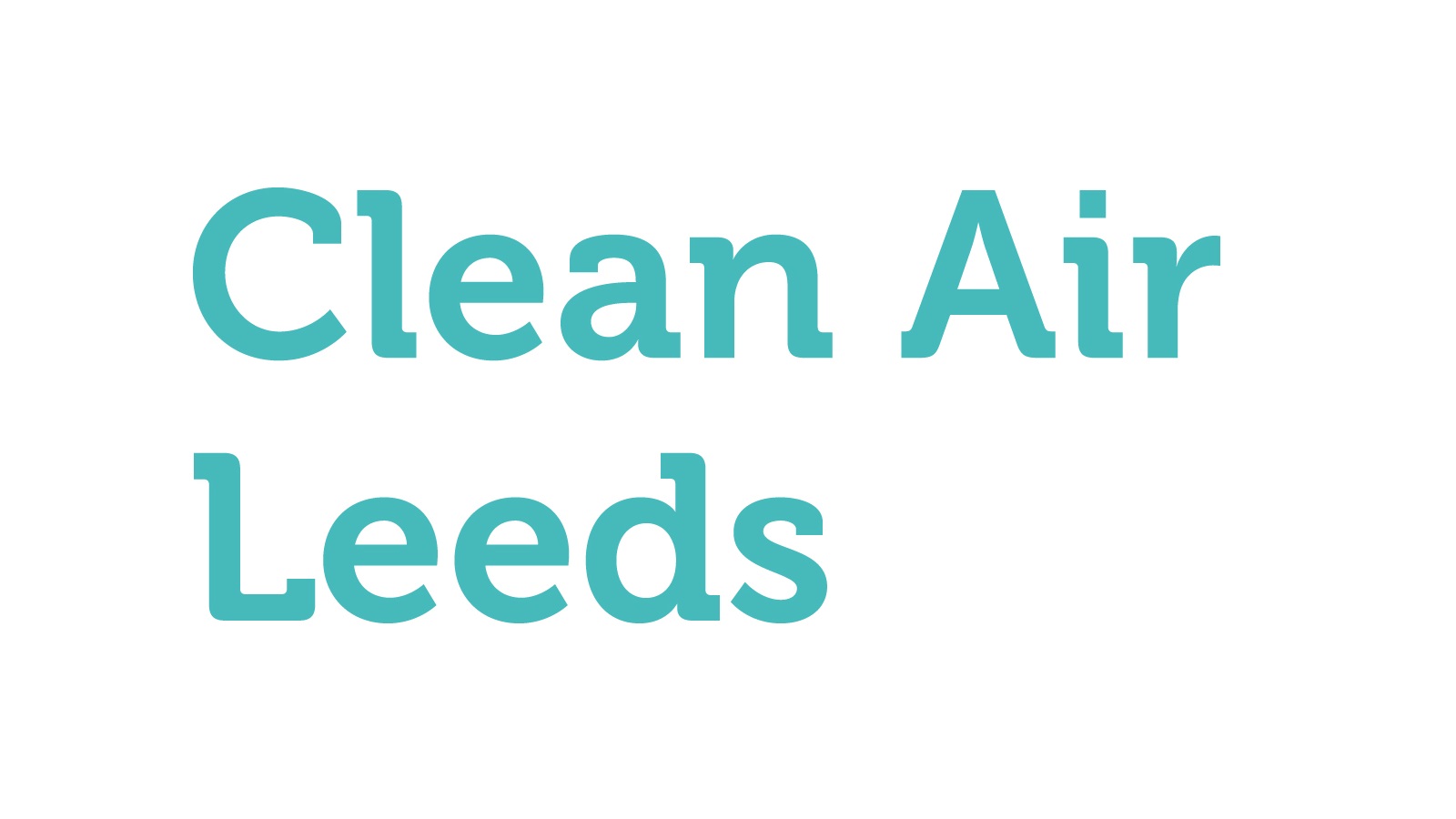You can be fined up to £1000 if you break the rules.
What you can do
You can take action to reduce your emissions from travel by:
Leaving your car at home
Walk, cycle, or scoot short journeys whenever you can. Evidence shows that cyclists and pedestrians are also less exposed to air pollution than people in vehicles.
For longer trips, plan your route by bus or train, or use the park and ride for the last part of your journey. You can save money with a Metro Card or pass.
Turning off your engine
Don’t idle at lights or in traffic - turn off your engine if you think you’ll be stationary for two minutes or longer.
The Highway Code states that you must not leave a vehicle engine running unnecessarily while stationary.
Switching to an electric vehicle
Electric vehicles are often cheaper to run and maintain than other types of vehicle.
Businesses, charities and public sector organisations in West Yorkshire can trial an electric cargo bike through our EV trials scheme.
Embracing hybrid and remote working
Employers can help reduce emissions by offering hybrid and remote working options to their staff.
Employees who drive more than two miles to work typically emit fewer emissions when they work from home.
Flexible working hours can also help to reduce pollution by making it easier to avoid traffic congestion at peak times.
Supporting sustainable travel in your workplace
Employers can support cycling by considering a cycle to work scheme or offering cycle infrastructure such as cycle lockers, bike parking and showers.
The Bike Friendly Businesses team have already given more than £250,000 in grants to help employers in West Yorkshire become more bike friendly. Find out about grants available to help make your workplace more bike friendly on the City Connect website.
Employers can also join the LEP’s Travel Plan Network which provides support for introducing cost-effective and sustainable ways to travel for business or commute.
Encouraging sustainable travel and reducing air pollution at school
Find lesson plans, travel planning advice and other opportunities for schools on the Clean Air Leeds and Influencing travel behaviour pages on the Leeds for Learning site.
You can take action to reduce your emissions at home by:
Reducing air pollution from your open fire or wood burning stove
Wood burning is typically more expensive, worse for the environment, and more polluting than other ways of heating your home.
Burning less is the simplest way to reduce your costs and emissions if you have another heating source.
You can reduce the environmental and health impacts of using an indoor stove or open fire by checking it regularly, sweeping it professionally, and using the correct fuels. You can learn more about how to burn better in this government guide.
By law, only cleaner fuels such as wood marked with the ‘ready to burn’ logo or manufactured solid fuels which produce less smoke should be sold in the UK. It is illegal for businesses to sell coal for burning at home. Any wood burning and multifuel stoves sold must meet Ecodesign Ready standards for energy efficiency.
Most of Leeds is a smoke control area. If you live in a smoke control area, then you must only burn authorised fuels or use an exempt appliance. You cannot emit smoke from a chimney.
Find out more about the rules that apply in smoke control areas on GOV.UK.
Minimising your use of harsh chemicals when cleaning, decorating, and gardening
Many of these products contain chemicals known as volatile organic compounds (VOC) which can pollute the air when used.
Choose products that are labelled as chemical free, fragrance free or allergy friendly as these usually contain fewer VOCs-or look out for the ‘VOC Globe’ label to see how many of these chemicals a product contains.
Reducing damp and humidity
Keep your home warm and dry to avoid harmful indoor pollution from mould and mildew, which thrive in cold and damp homes. Ventilating rooms regularly and fixing any leaks or water damage quickly will help keep your home dry. When air drying laundry, try to do so outdoors (if you can) or in a room with windows left slightly open.
Stop smoking
When you smoke, tiny particles pollute the air around you. These particles can linger for hours in an unventilated indoor space and can drift from room to room. If you do smoke, doing so outside will help protect others from second-hand smoke and avoid contributing to indoor air pollution.
Servicing appliances regularly
Heating and cooking appliances, like your boiler and oven, typically need to be regularly serviced by a professional to make sure that they are functioning safely and efficiently. Faulty appliances can sometimes emit carbon monoxide-an extremely dangerous type of air pollution.
If you own a property, you should service its appliances according to the manufacturer instructions. If you rent a property, and an appliance was provided by your landlord, servicing it is their responsibility. Landlords are legally required to service gas boiler systems every year.
Consider upgrading your hob
Using a gas hob to cook can be a major source of indoor air pollution. When replacing your kitchen appliances, consider upgrading your hob to a less polluting technology instead such as electric plate, ceramic, or induction. Remember to ventilate your kitchen regularly when cooking (and for 10 minutes after) by opening windows or using an extractor fan.
You can find out your own contribution to air pollution by using Global Action Plan’s air pollution calculator.
Stay up to date
Follow us on Twitter, sign-up to our monthly email updates or read our latest news stories.
You can also reach us by email at climate.emergency@leeds.gov.uk.
